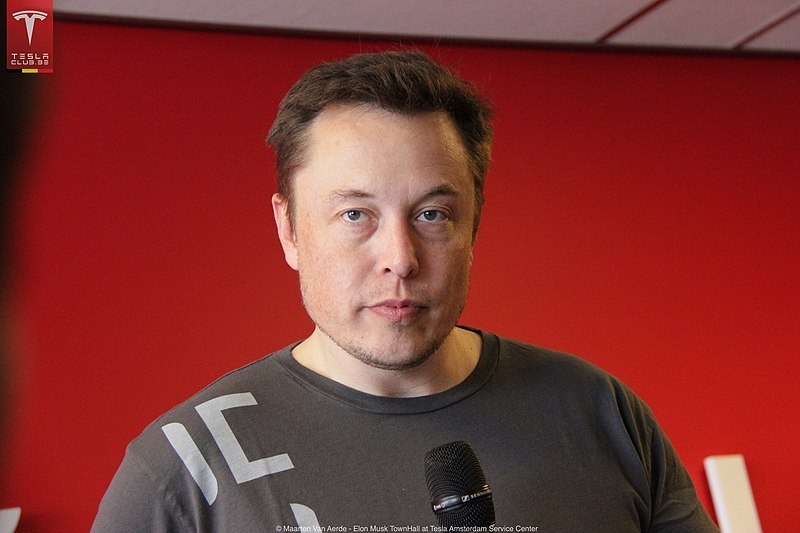Could Musk's Twitter Clash with AWS?

Elon Musk’s takeover of Twitter (NYSE: TWTR) for $44 billion raises questions about the potential for conflict with Amazon Web Services (AWS), one of the social media outlet’s biggest tech partners.
Recall that back in 2020, AWS announced that Twitter had chosen its cloud platform as the medium of choice to “leverage AWS’s proven infrastructure and portfolio of services to support delivery of millions of daily Tweets.” Since then, AWS has continued to serve as a leading player in Twitter’s ecosystem, though Twitter likely uses other providers.
Now, as Musk looks to take his new acquisition private in 2022, that relationship could change. There could be conflicts between host and hosted if AWS chooses to follow its former pattern of censoring content that doesn’t meet its standards of truth and public good.
Case in point: When AWS eliminated ultra-rightwing social media platform Parler from its infrastructure in January 2021 for content supporting the January 6 Capitol insurrection in Washington, the cloud company was both lauded and criticized for the action. For its part, AWS claimed Parler had violated AWS’s acceptable use policy by posting content “to threaten, incite, promote, or actively encourage violence, terrorism, or other serious harm.”
Other voices cried foul, claiming that AWS was abusing its power and acting as a Big Tech Brother to control the public narrative.

Elon Musk. Source: Tesla Owners Club Belgium, https://www.flickr.com/photos/teslaclubbe/12271223586/ via Wikimedia Commons.
Musk Not Likely to Concede Control
AWS’s policies now face a challenge. Elon Musk is notorious for both trying to control his own narrative while claiming that all voices, no matter what they say, must be heard. His stance is underscored by the statement he issued in the Twitter press release announcing the deal:
"Free speech is the bedrock of a functioning democracy, and Twitter is the digital town square where matters vital to the future of humanity are debated. I also want to make Twitter better than ever by enhancing the product with new features, making the algorithms open source to increase trust, defeating the spam bots, and authenticating all humans. Twitter has tremendous potential – I look forward to working with the company and the community of users to unlock it."
Bezos Raises the China Question
To add more tension to the deal, Amazon Founder and former CEO Jeff Bezos has questioned Musk's motives, pointing out his business ties to China and the fact that he could loosen restrictions of Chinese propaganda on Twitter.
“Did the Chinese government just gain a bit of leverage over the town square?” Bezos recently wrote on April 25th on Twitter, pointing to Musk’s business ties to China. Tesla has established a factory in Shanghai.
Interesting question. Did the Chinese government just gain a bit of leverage over the town square? https://t.co/jTiEnabP6T
— Jeff Bezos (@JeffBezos) April 25, 2022
Bezos and Musk have a long history of competition, including their competing space companies (Musk is the founder and CEO of SpaceX and Bezos is the founder and owner of space transport company Blue Origin).
Questions about AWS
The relationship between AWS and Elon Musk’s Twitter acquisition has already prompted questions about whether AWS would follow a trend and separate itself from parent Amazon (Nasdaq: AMZN). In an interview with BNN Bloomberg last week, AWS CEO Adam Selipsky denied any plans to spin out of Amazon and alluded to the strength of the relationship with Twitter: “So we’re very intertwined with social media companies and I would imagine across all of our business, we’ll continue to be closely intertwined.”
If Musk’s Twitter chooses to expand its use of other cloud partners, similar questions of content control could emerge. Still, Microsoft Azure’s terms of use appear to be a bit more open ended than AWS’s because they specify that customers are responsible for privacy and content of sites on the platform – as long as those sites don’t violate the rights of third parties. Of course, that leaves room for interpretation.
At the very least, Twitter under Musk control will see some changes that could put AWS and other cloud providers in a position to confront the trade-off between ethics and economics. This should prove to be an interesting train of events.




